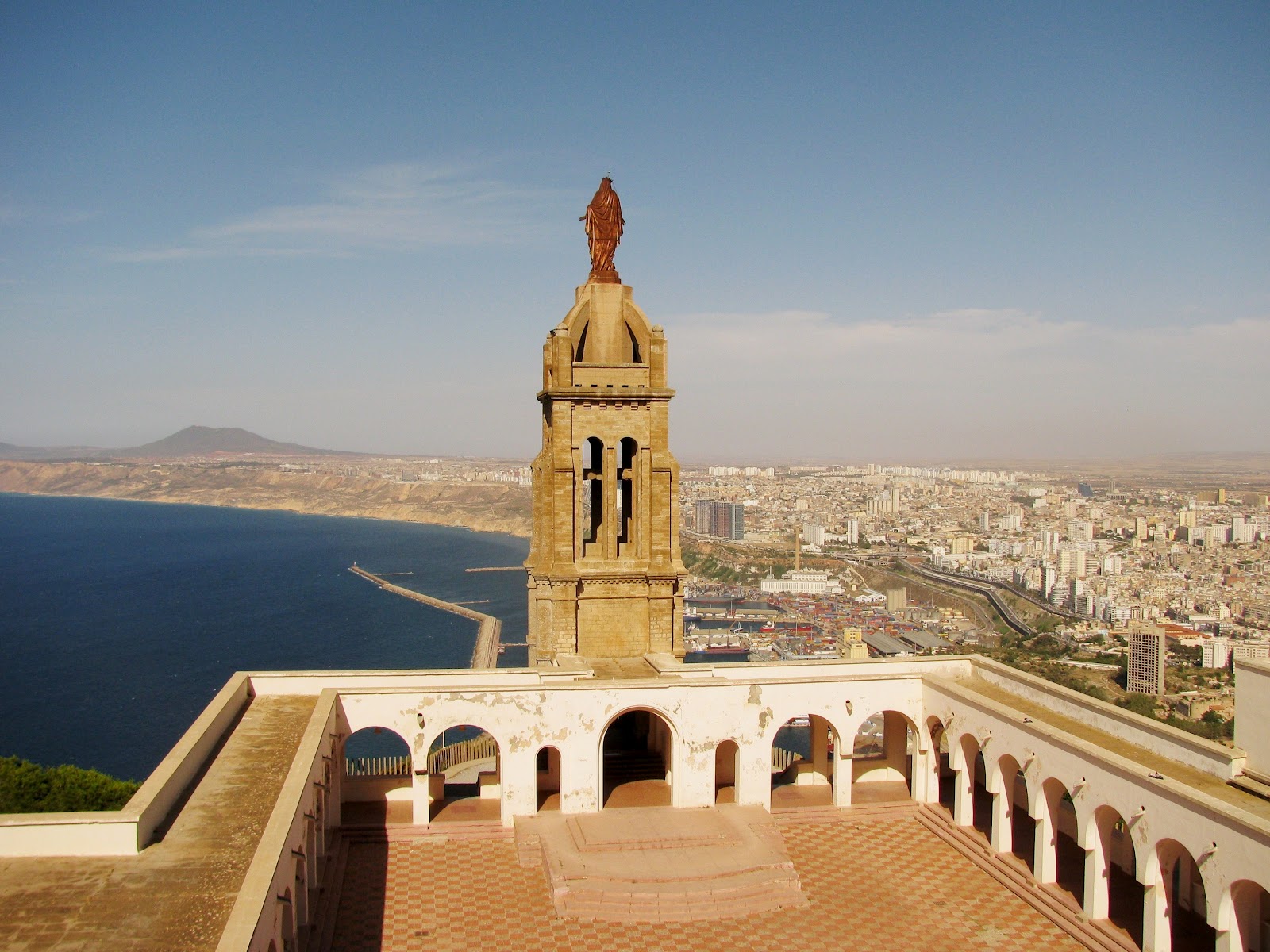Algeria, a country of generosity and hospitality.
Algeria, a country of generosity and hospitality.
Algeria is a state in North Africa. In the north it is washed by the waters of the Mediterranean Sea (the length of the coastline is 998 km). It borders in the northeast with Tunisia, in the east with Libya, in the southeast with Niger, in the southwest with Mali, in the west with Mauritania and Western Sahara, in the northwest with Morocco. The total length of land borders is 6,734 km. Area 2381.7 thousand km2 (1st place in Africa). The population is 40.4 million people (2016; 34.1 million people in 2008, the census). The capital is Algeria. The official language is Arabic; Berber and French are also common. The monetary unit is the Algerian dinar. Administrative division: 48 regions, which consist of 553 districts.
In 1980, the population was 18.7 million people, in 1990 25.5 million people. Population growth declined from 3% in the 1980s. up to 2% in the 1990s and amounted to 1.6% in 2001. Fertility 25%, mortality 6%. Life expectancy is 71 years. Sex and age composition of the population (2000): 0-14 years, 35% (men 51%, women 49%); 15–64 years old 61% (men 51%, women 49%); 65 years and over 4% (men 46%, women 54%).Urban population 57.7%, rural 42.3%. 23% of men and 42% of women are illiterate. Ethnic composition of the population: 75% Arabs, 24% Berbers (Kabiles, Sha-Viya, Mozabites, Tuaregs), 1% Europeans The communication language is Arabic, and Berber (tamazight) is widespread. The state religion is Islam. 99% of the population are Muslims.
- History of Algeria
In the 12th century BC. Phoenician settlements arose in Algeria in the 3rd century BC. Numidia state. Algeria was ruled by Rome (42-429 AD), Vandals (430-534), Byzantines. Arabs conquered North Africa in the 7th century. They spread Islam, Arab culture, language. In the 16th century Algeria became part of the Ottoman Empire. In 1830, French troops invaded its territory. Algerian tribes resisted them. Led by the national hero Emir Abd al-Qadir, they created their own state in the west of the country, which lasted until 1847. The French colonization of Algeria lasted 132 years. Algeria gained political independence after an eight-year bloody struggle of 1954–62. It was led by the National Liberation Front (TNF), which absorbed all the nationalist parties and organizations of the country.
- Algeria Economy
Algeria ranks 5th in the world in terms of natural gas reserves, 12th in oil reserves and 2nd after Russia in terms of gas exports. Key macroeconomic indicators.
The Algerian economy consists of two parts: the prosperous, which includes the extraction and processing of hydrocarbons, and the crisis, which combines most of the manufacturing and other sectors of the economy. The oil and gas sector provides 95% of foreign exchange earnings, forms 60% of the state budget resources and 30% of GDP. The monopolist in this sector is the state-owned company SONATRAK. The non-oil sector is in a stagnant state. The industry operates at half installed capacity. In the 1990s its share in GDP ranged from 8 to 10%. Stagnation in industry is combined with a lag in agriculture, which provides 30–35% of domestic demand. In the structure of GDP (%, 2001): agriculture 8.1; industry 48.1; including oil and gas 40.8; construction and public works 8.6; services, transport 35.2.

In 2000, out of 8.2 million working-age population, 5.8 million people were employed; of them (in%): in agriculture 19.8, in industry, construction and public works 23.2, in the service sector 17.4, in management 23.5, in handicraft and craft production - 16.1.
Each of the Arab countries has its own heritage, which includes the features of its ancient culture, customs and traditions.
Hospitality is part of the culture of the peoples of Algeria, as in the rest of the Arab world. Even an asylum seeker will receive food, protection and shelter.
Algerians are known for their hospitality. They like to visit and host guests. Visits are the foundation of social life, mainly within the extended family circle and neighbors. The owner treats with tea or coffee, and necessarily desserts.
Marriages in Algeria are usually concluded either by the parents of the couple or by the matchmaker. Despite the widespread use of matchmakers in Algeria, where the influx of Western culture has had little impact in this area, most marriages are still arranged by parents.
Marriage is not only a union of two people, but also a union of two families.

